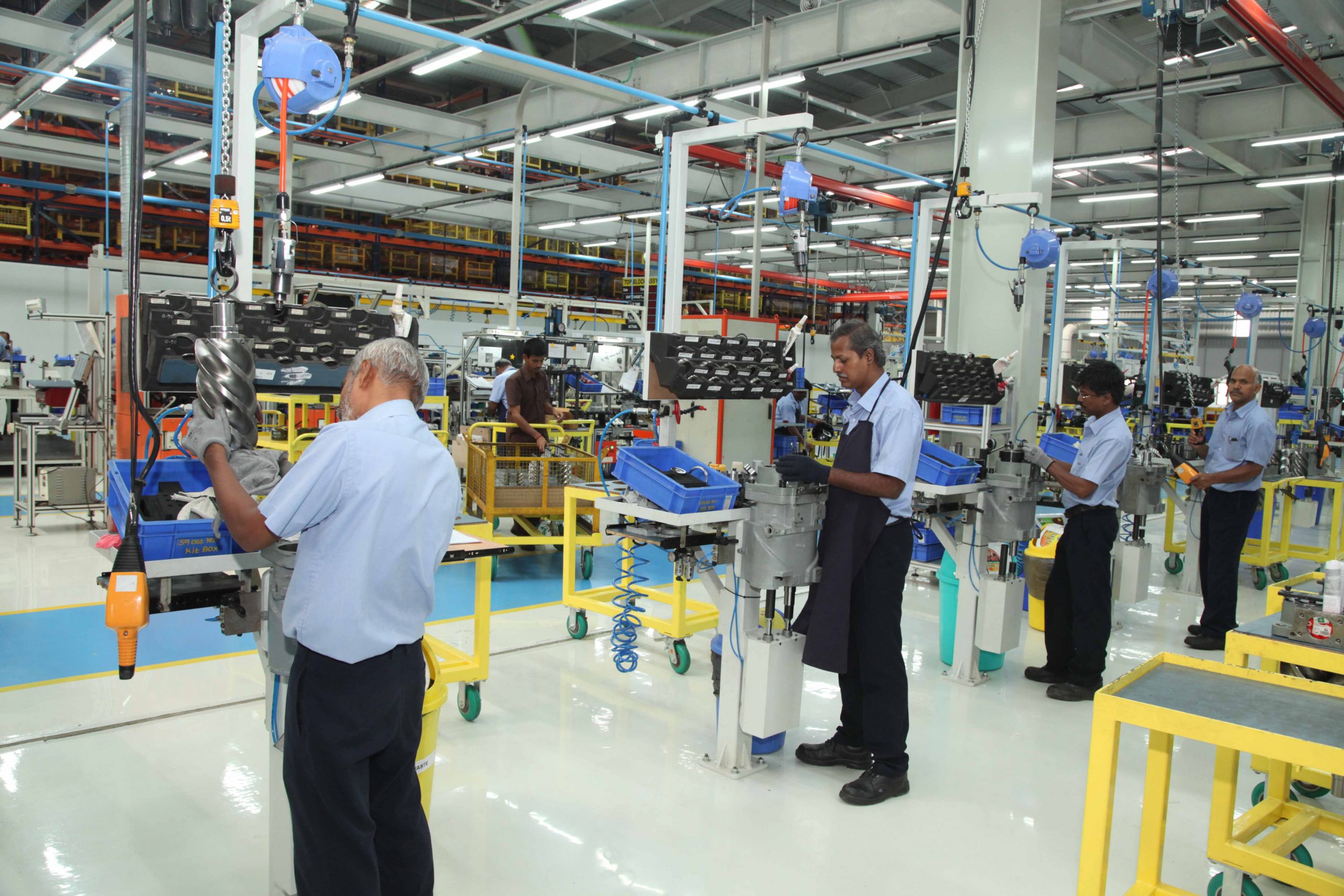Any garage can benefit from having an air compressor, which can be used for everything from tire inflation to powering pneumatic tools. Proper maintenance is crucial to ensuring constant performance and extending the lifespan of your air compressor. Regular maintenance guarantees both your safety while using the instrument and saves money by preventing expensive malfunctions. We’ll provide you a thorough overview of air compressor maintenance in this article to assist you in maintaining your garage tool.
1. Read the Instructions
It’s important to read and comprehend the manufacturer’s instructions before operating and servicing your air compressor. The manual gives crucial details about your particular compressor model, such as recommended practices, safety measures, and maintenance schedules.
2. Verify your oil level
Check the oil level frequently if your air compressor is oil-lubricated. Smooth operation and less excessive wear on internal components are both guaranteed by proper oil levels. For information on the proper oil to use and suggested oil change intervals, consult the manual.
3. Replace your air filter
Dust and other particles are kept out of the compressor’s internal workings by air filters. The amount of use an air filter receives will determine how often it may clog. To ensure effective airflow and avoid compressor damage, inspect, clean, or replace the air filter on a regular basis.
4. Remove the Tank.
Due to air compression, moisture builds up in the tank of air compressors. The performance of the compressor as a whole may be impacted by corrosion caused by this moisture. Drain the moisture from the tank on a regular basis using the drain valve to avoid this. After each usage, carry out this task, or as instructed by the manufacturer.
5. Look for leaks.
For any indications of leakage, inspect each connection, fitting, and hose. Leaks can be dangerous in addition to lowering your compressor’s effectiveness. To stop air leakage, tighten loose connections or replace broken components.
Check the air pressure.
Utilize a pressure gauge to periodically check the tank’s pressure levels. Verify that the pressure readings correspond to the suggested levels listed in the manual. Premature wear and associated safety risks can result from using the compressor at an extremely high pressure.
7. Oil Moving Components
If the pistons or cylinders in your air compressor have moving parts, lubricate them in accordance with the manufacturer’s instructions. Proper lubrication decreases wear and friction, resulting in smoother operation and a longer compressor lifespan.
8. Examine Security Features
Pressure release valves and heat protection devices are common safety measures found in air compressors. To make sure these safety features are working properly, periodically check them. Any defective safety components must be replaced right away.
9. Store Sufficiently
Keep your air compressor in a tidy, dry location while not in use. Keep it away from dirt and debris so that they don’t accumulate and harm it. The compressor can also be protected by covering it.
10. Exterior Cleaning
To avoid the buildup of dirt and debris, clean the compressor’s exterior frequently. Dust and grime can impair cooling and ventilation, causing overheating and decreased effectiveness.
11. Make Use of in a Clean Setting
Utilizing your air compressor in a spot that is tidy and well-ventilated helps keep dust and other debris out of the compressor. A cleaner atmosphere lowers the possibility of clogging and increases the compressor’s lifespan.
12. Listen for Strange Noises
Unusual noises like grinding, rattling, or hissing sounds may be a sign that your compressor is having problems. Any strange noises should be looked into right away, and the underlying issues should be fixed to stop additional harm.
13. Adhere to suggested service intervals
The manual for an air compressor frequently includes suggested service intervals. Tasks like oil changes, filter replacements, and other inspections are included in these periods. Following these schedules keeps your compressor operating at its best.
14. Professional Upkeep
The best course of action is to seek advice from a qualified or approved service center if you’re unsure about carrying out a particular maintenance activity. Regular expert maintenance may spot possible problems early and guarantee that your compressor keeps running securely and effectively.
The secret to keeping your air compressor operating smoothly and efficiently is proper maintenance. You can keep your garage tool in great condition for many years by following these maintenance suggestions and the manufacturer’s instructions. In addition to increasing your productivity and efficiency, a well-kept air compressor makes your garage a safer and more dependable place to work.
